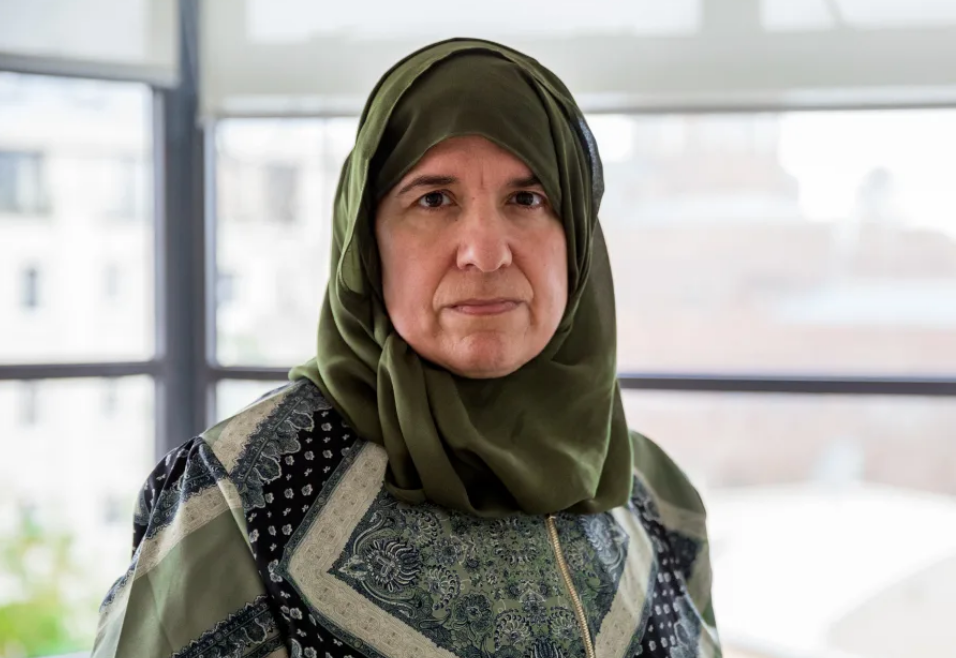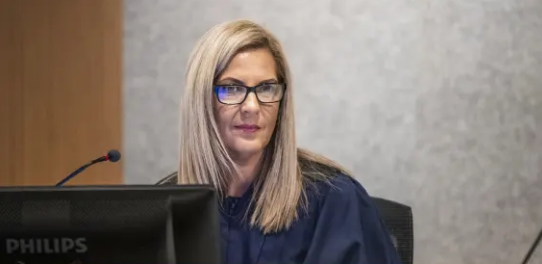
On Tuesday Coroner Brigitte Windley will begin six weeks of public hearings into the murder of worshippers on March 15, 2019, at Al Noor Mosque and Linwood Islamic Centre.
The First Phase Inquest will focus on 10 key issues, including the initial emergency response, whether anyone could have been saved with faster medical treatment, whether the terrorist had direct assistance from anyone else on 15 March and whether the emergency exit door in Al Noor Mosque's main prayer room "failed to function" during the mass shooting.
Islamic Women's Council national co-ordinator Aliya Danzeisen said the coronial process was important for people seeking the truth about what happened.
"It is challenging to have walked the last four-and-a-half years, but it is important to know the truth - to know what can be done in the future to make sure it doesn't happen again," she said.
Danzeisen said she hoped people affected by the massacre could find some closure.
"Research shows knowing the full truth is helpful in healing, because not knowing always raises questions, so it puts those questions to rest. So our hope is it will be that for our families, our community and the nation."

There was a heightened police presence at places of worship last Friday after the terrorist's livestreamed video of the Christchurch attack was posted to X, formerly Twitter, by someone who also called for attacks on mosques.
Federation of Islamic Associations vice-president Mohammed Rizwan said such threats felt like wounds were being reopened.
"Even though it's been such a long time since March the 15th, with something like this coming up, it's still raw. We still remember it. It happened on a Friday and for us it still feels like it was yesterday," he said.
After the terror attack, New Zealand promised to be more inclusive and welcoming, particularly of its Muslim brothers and sisters.
Rizwan said local communities had embraced Muslim people, but he did not believe the government had lived up to the pledge.
Prejudice remained an issue, especially when events like the conflict in Gaza garnered so much public attention, Rizwan said.
"We have Islam awareness week, mosque open days - we try to bring people in. Alhamdulillah, for some of the people it goes through their head that, you know, 'Oh, this is not a religion of violence, it's not a religion of terrorism'. That when they say 'Islam means peace, it actually is a peaceful religion'," he said.

"It's a massive job for the coroner, and everyone involved, because the coroner's job really is to find out what happened as fully as they can, that's a big task, why it happened, which is an even bigger task, and how can we stop it happening again. So it's going to be a long journey," he said.
The terror attack resulted in changes to firearms legislation and recommendations to amend other laws, including those governing hate speech.
Professor Henaghan said the event was so horrific and so immense, further recommendations were certain to come from the inquest and more legislative change was likely.
Coroner Windley would consider three remaining issues following the inquiry's first phase; the firearms licensing process followed by police, online radicalisation and the community's ability to respond to the risk of violent extremism.
The terrorist, Brenton Tarrant, was sentenced to life in prison without parole in 2020 on 51 counts of murder, 40 of attempted murder and one of engaging in a terrorist act.
The attack was also the subject of a 2020 Royal Commission of Inquiry that made 44 recommendations.
The inquest will examine the following 10 issues over the next six weeks:
• The events of March 15 in 2019 from the commencement of the attack until the terrorist's formal interview by police.
• The response times and entry processes of police and ambulance officers at each mosque.
• The triage and medical response at each mosque.
• The steps that were taken to apprehend the offender.
• The role of, and processes undertaken by, Christchurch Hospital in responding to the attack.
• Co-ordination between emergency services and first responders.
• Whether the terrorist had any direct assistance from any other person on 15 March 2019.
• If raised by immediate family, and to the extent it can be ascertained, the final movements and time of death for each of the deceased.
• The cause of death for each of the victims and whether any deaths could have been avoided.
• Whether Al Noor Mosque emergency exit door in the south-east corner of the main prayer room failed to function during the attack and, if so, why?












